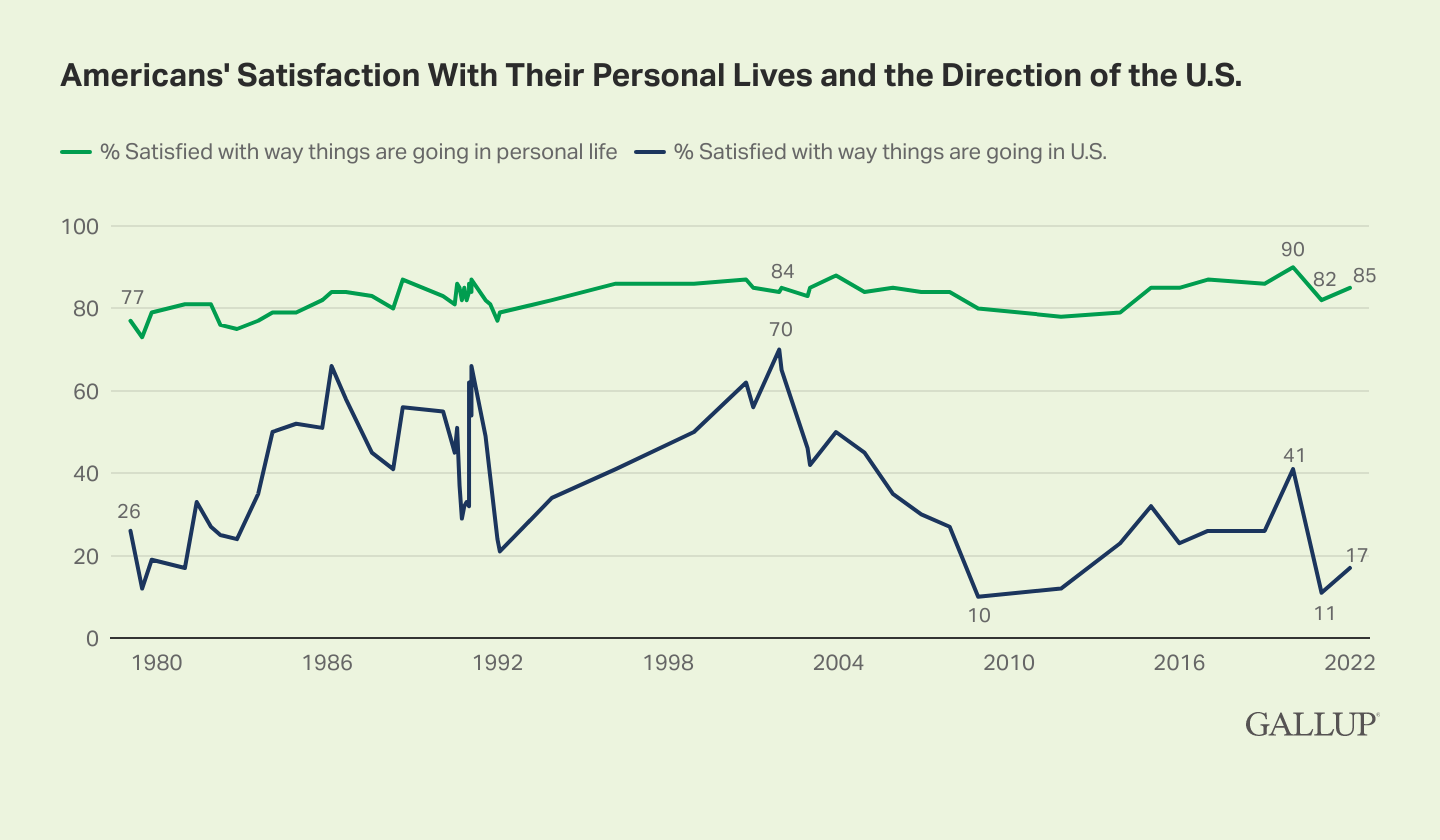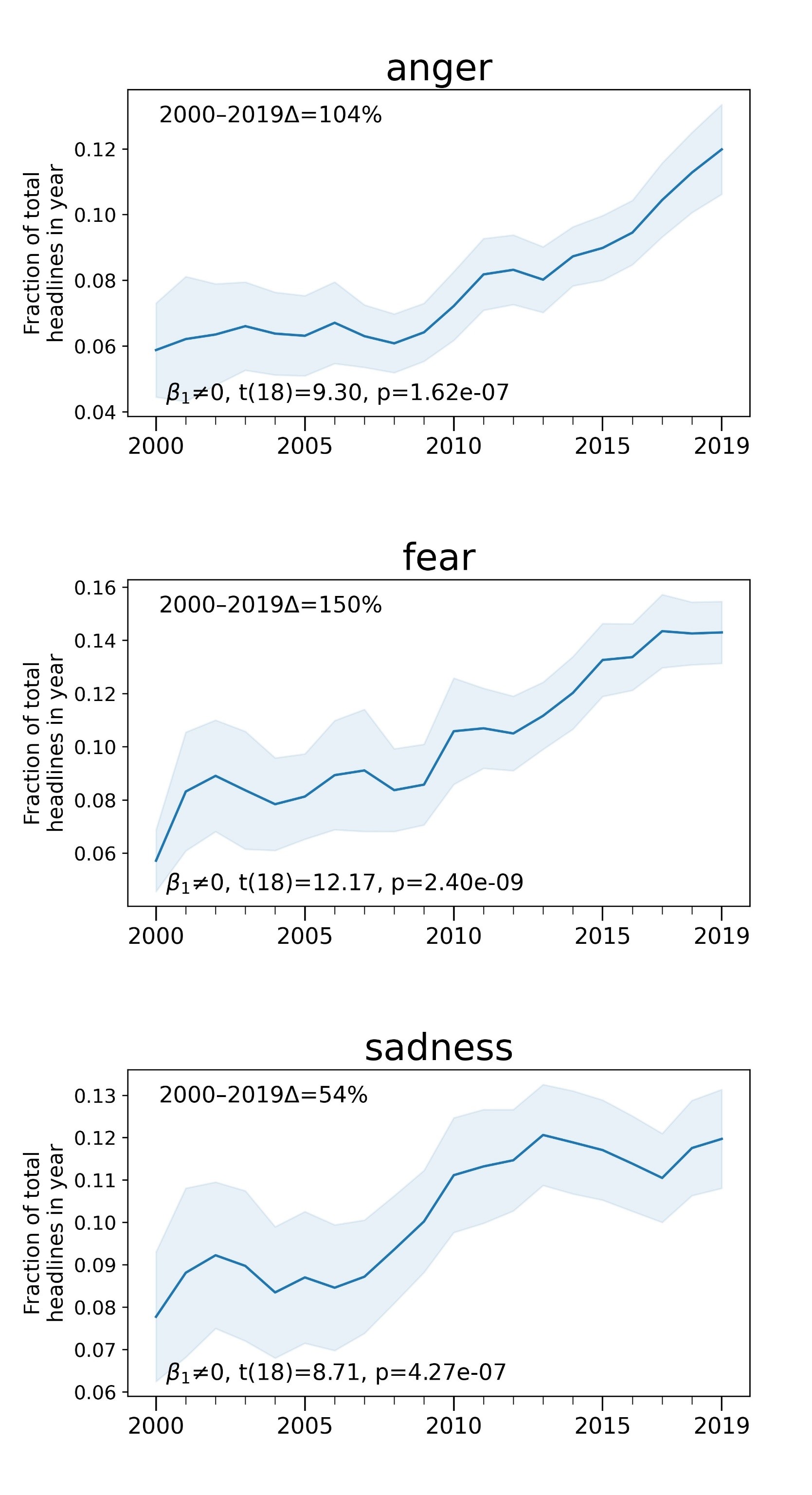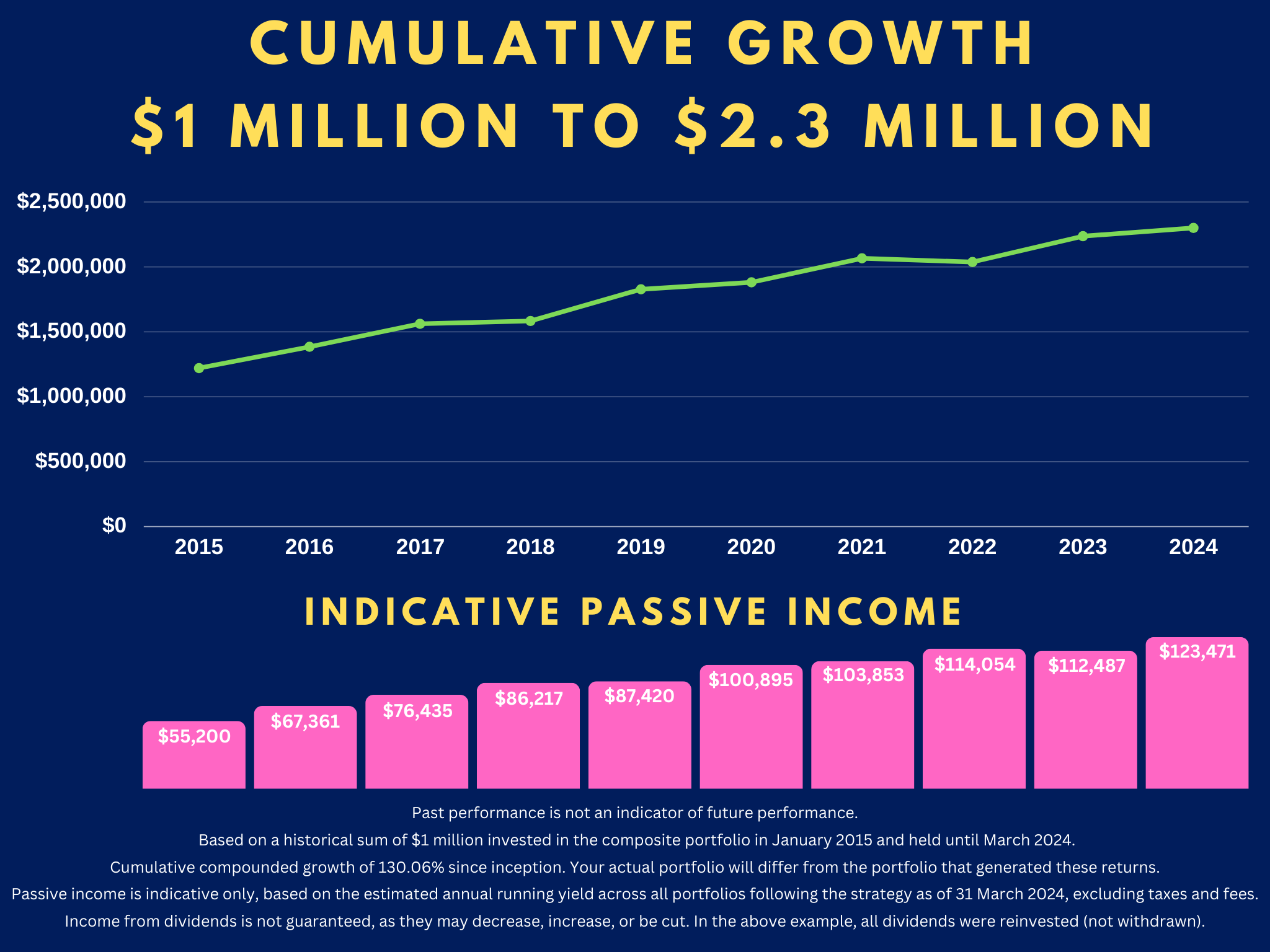For every minute you are angry, you lose sixty seconds of happiness.
—Ralph Waldo Emerson
Anger. Angertainment. Angernomics.
These days, what we’re experiencing is the commercialisation of anger.
Of course, you already know this. Anger is a great hook for storytelling:
- For example, a story about a woman abusing and murdering her children is an attention-grabber. It’s a ‘shock and awe’ narrative. It gets clicks. That’s why it gets publicised so heavily.
- But…what about the millions of mothers out there who nurture their children with incredible love and devotion? What of them? Well, it would seem that such a positive story isn’t newsworthy. Not clickable. Therefore, it doesn’t get any publicity.
Indeed, the messaging in the media tends to be quite narrow:
- They usually promote the idea that society is in crisis. Society is falling apart. Society is doomed.
- Such outrage does lead to higher engagement. This leads to clicks, views, likes, and shares.
- However, the problem is that angertainment and angernomics are about emotion, not truth.

Source: Gallup
Now, just take a look at this Gallup graph. It’s quite fascinating to consider:
- Over the past 40 years, Americans have reported their level of satisfaction about their personal lives. This measurement has stayed fairly consistent over time. In fact, it actually seems to have improved marginally in recent years.
- However, the same can’t be said about their level of satisfaction when it comes to the state of their country. This measurement is much more volatile. You can see the wild swings of sentiment over the years. It’s like a bouncy yo-yo, isn’t it?
- What is intriguing to me is that the extreme highs and lows in national sentiment doesn’t necessarily match up with how people feel about their personal lives.
- So, if you put aside what’s being reported in the media about political tension, you’ll find something quite interesting. Americans are actually quite optimistic when it comes to their family, friends, and colleagues. Their local community is usually fine. Their immediate circle is usually fine. It’s just their perception of the wider world out there that’s causing them anxiety and grief.
David Rozado, a social researcher, has done an analysis of over 47 media outlets:
- These outlets run across the entire political spectrum. They cover every ideology imaginable. But once you strip out their partisanship — surprise, surprise — they all appear to be similar at their core. They all appear to project a negativity bias.
- Year on year, their negativity bias actually seems to be increasing. Anger, fear, and sadness are trending more and more.

Source: David Rozado / Substack
So, are we being fooled into thinking we’re more troubled than we actually are? Are we we being misled by a ‘reality distortion bubble’? Well, here’s what Axios has to say on the matter:
- No, most Christians aren’t white Christian nationalists who see Donald Trump as a God-like figure. Most are ignoring politics and wrestling with their faith.
- No, most college professors aren’t trying to silence conservatives or turn kids into liberal activists. Most are teaching math, or physics, or biology.
- No, most kids don’t hate Israel and run around chanting, “From the river to the sea.” On most campuses, most of the time, students are doing what students have always done.
- No, most Republicans don’t want to ban all abortions starting at conception. No, most Democrats don’t want to allow them until birth.
- No, immigrants who are here illegally aren’t rushing to vote and commit crimes. Actual data show both rarely happen — even amid a genuine crisis at the border.
- No, most people aren’t fighting on X. Turns out, the vast majority of Americans never tweet at all.
- No, most people aren’t cheering insults on Fox News and MSNBC in the evening. Turns out, less than 2 percent of Americans are even watching.
Yes, in almost every case, conflict sells. But are we losing something when we choose to focus only on conflict? Well, let’s zoom out a little bit. Let’s take a look at the big picture:
- It’s important to understand that over the long-term, our actual human condition has actually gotten better, not worse.
- For example, as recently as 1900, the global life expectancy was 32. Today, that number is over 71, which has more than doubled.
- Also, in 1900, only 21% of the global population could read and write. Today, that number is over 87%, which has more than quadrupled.
- Finally, in 1900, over 65% of the world lived in extreme poverty. Today, that number has shrunk to around 8%.
My own family’s story is a testament to the power of progress:
- In just four generations, we’ve gone from peasants to refugees; from working class to middle class.
- In the entire 5,000-year recorded history of mankind, I know of no other period when something like this has happened. It feels almost miraculous.
So, rationally speaking, this may be the best time in history to be alive. But such optimism isn’t reflected in the news coverage that we get:
- Indeed, I can’t tell you about the number of times that I’ve come across articles that seem to suggest that ‘things are worse than ever’.
- Well, really? Are we truly worse off than the people who lived through the world wars in the 20th century, the Black Death in the 14th century, or the Inquisition in the 12th century?
- Yes, the media appears to be small-minded. But then again, you can’t blame them for being small-minded. Steady multigenerational progress over the long-term can be difficult for human minds to conceive of.
- There are even youngsters today who struggle to imagine how life used to be before the internet, let alone what life might have been like 100 years ago.
This is why angernomics and angertainment drives our storytelling these days. They’re very much about shock value. Knee-jerk reactions. Instant controversy:
- But here’s what you need to consider. Yes, it’s natural to be angry — and sometimes, anger can even helpful. For instance, it can help to overturn unfair government policies. It can also help to drive creativity and innovation. In fact, some of the biggest problems in our society have been solved because an entrepreneur got angry and decided that it’s time for a change.
- But watch out: anger is also a double-edged sword. It can distort reality. Create stress. Make rational conversations harder to achieve.
- I dare say that a lot of the tribalism that’s become apparent in our society today may be fuelled by our 24/7 media cycle. When stories are optimised for engagement, not truth, the end result may be unnecessary conflict.
So, ultimately, perhaps the key here is balance and common sense:
- Anger has its place, yes — but you shouldn’t lose sight of the bigger picture. Anger, like most things in life, can be a good tool but a bad master.
- In the wise words of Greek philosopher Aristotle: ‘Anybody can become angry — that is easy, but to be angry with the right person and to the right degree and at the right time and for the right purpose, and in the right way — that is not within everybody’s power and is not easy.’
Wise investing is about looking beyond the noise
Of course, you will find angernomics and angertainment in the world of money as well. Here’s why:
- The financial media has a habit of obsessing over the larger gyrations in the stock market. The words ‘crash’ and ‘recession’ are used a lot. Such fear draws in eyeballs. But watch out: these news algorithms are optimised for engagement, not truth.
- The reality is that price swings in the market are entirely normal. It’s about buyers and sellers trying to figure out the terms of trade. What you’re seeing every day is the interaction between production and consumption; supply and demand; push and pull.
- The rules of business are quite clear. Companies that are listed on the stock market are focused on three things: efficiency, productivity, and growth. They are doing what they do to serve their customers and shareholders. They compete. They innovate. They rise. They fall.
- So, the secret sauce here is to use your rational mind. When prices move, is it because of fleeting emotion? Or is it about actual value? Can you tell the difference?
- Well, our hero Warren Buffett has some great insight here: ‘First, widespread fear is your friend as an investor, because it serves up bargain purchases. Second, personal fear is your enemy. It will also be unwarranted.’
- Yes, indeed. Being a contrarian investor can be the hardest thing to do — but potentially, it might also be the most rewarding.
Here at Wealth Morning, our mission is to help Eligible and Wholesale Clients:
- It’s about protecting wealth. Growing wealth. Securing passive income.
- As a matter of urgency, our goal is to diversify our clients immediately. We aim to buy high-value assets across Australia, Europe, and America.
- It’s about building a longer runway. Gaining a better horizon. Achieving more freedom.
🎯 Apply for Your Consultation Now.
Regards,
John Ling
Analyst, Wealth Morning
(This article is the author’s personal opinion and commentary only. It is general in nature and should not be construed as any financial or investment advice. Past performance does not indicate the future. Wealth Morning offers Managed Account Services for Wholesale or Eligible Investors as defined in the Financial Markets Conduct Act 2013.)






John is the Chief Investment Officer at Wealth Morning. His responsibilities include trading, client service, and compliance. He is an experienced investor and portfolio manager, trading both on his own account and assisting with high net-worth clients. In addition to contributing financial and geopolitical articles to this site, John is a bestselling author in his own right. His international thrillers have appeared on the USA Today and Amazon bestseller lists.